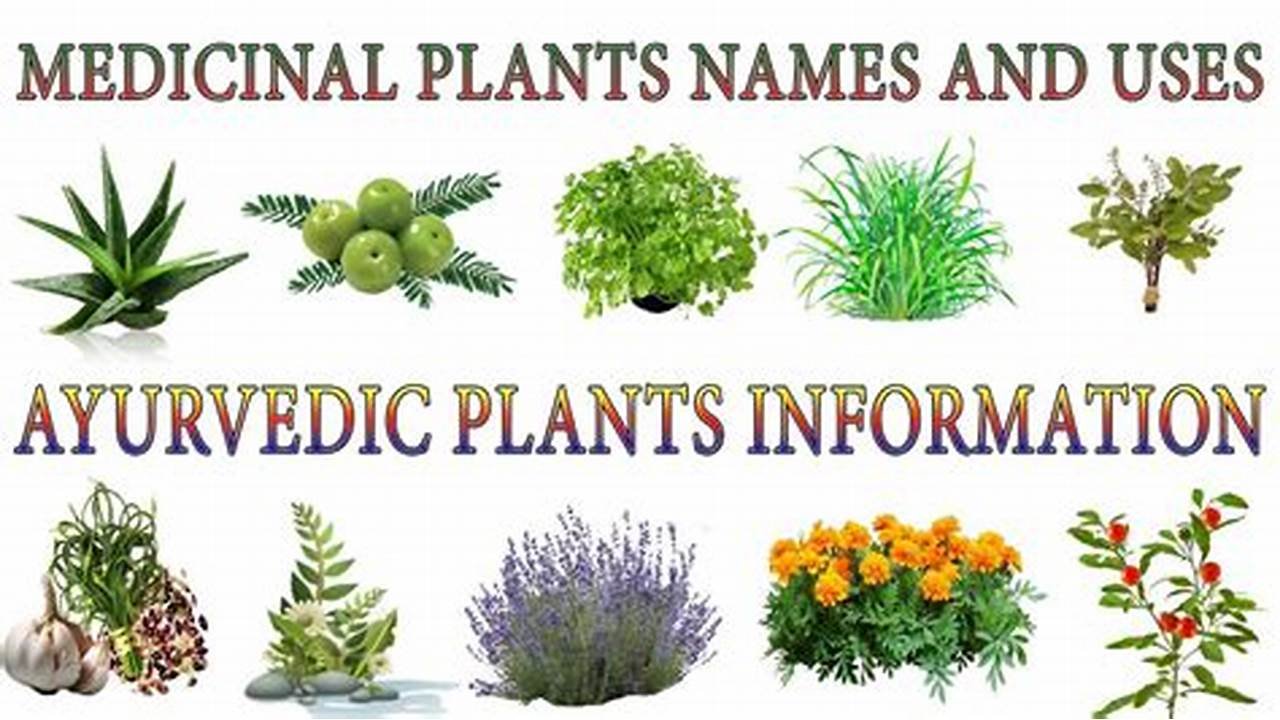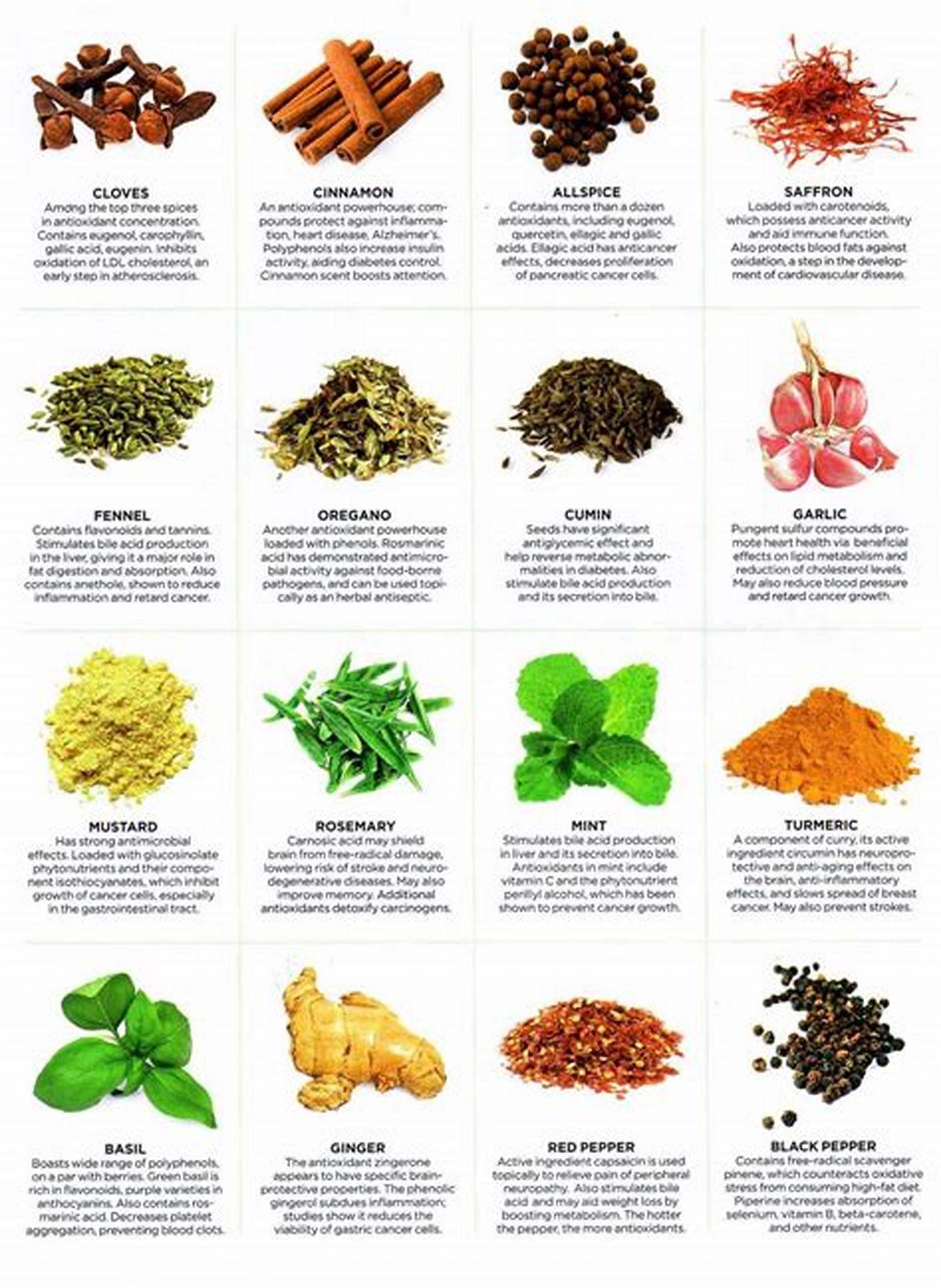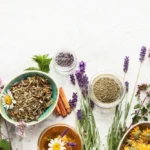Medicinal Plants for Everyday Ailments
Medicinal plants have been used for centuries to treat common health issues and promote overall well-being. With the rise of natural and holistic health practices, these plants are once again gaining popularity for their therapeutic properties. Whether you’re dealing with a headache, digestive discomfort, or a sleepless night, certain herbs and plants can provide effective relief. Here are some of the most common medicinal plants for everyday ailments and how they can help.
1. Ginger for Nausea and Digestive Issues
Ginger has long been used to treat nausea, upset stomachs, and digestive issues. Its active compound, gingerol, has anti-inflammatory and anti-nausea effects, making it particularly effective for relieving motion sickness, morning sickness, and indigestion.
- How to Use:
- Fresh ginger tea is an easy and soothing remedy. Simply steep a few slices of fresh ginger in hot water for a few minutes.
- Ginger supplements or capsules are also available if you prefer a more concentrated form.
2. Peppermint for Headaches and Digestive Relief
Peppermint is a popular herb known for its refreshing taste and therapeutic properties. It is often used to ease digestive discomfort such as bloating, gas, and indigestion. Peppermint oil is also effective in relieving tension headaches when applied to the temples and forehead.
- How to Use:
- Drinking peppermint tea can help soothe the stomach and alleviate nausea or bloating.
- A few drops of peppermint essential oil can be massaged into the temples or inhaled to relieve headaches and clear nasal congestion.
3. Chamomile for Sleep and Relaxation
Chamomile is one of the most widely used medicinal herbs, known for its calming and sleep-inducing properties. It helps promote relaxation, reduce stress, and improve sleep quality, making it an excellent choice for those struggling with insomnia or anxiety.
- How to Use:
- Chamomile tea is the most common method of consumption. Brew a cup before bedtime to promote relaxation and improve sleep.
- Chamomile essential oil can also be used in aromatherapy or diluted in a carrier oil for a soothing massage.
4. Lavender for Stress and Anxiety Relief
Lavender is well-known for its soothing scent and is widely used in aromatherapy for its calming effects. It helps reduce anxiety, stress, and promote better sleep. Lavender is also effective in treating headaches and muscle tension.
- How to Use:
- Diffuse lavender essential oil in your home or place a few drops on your pillow to promote restful sleep.
- Lavender tea can also be consumed to help reduce stress and anxiety.
5. Echinacea for Immune Support
Echinacea is a powerful herb commonly used to boost the immune system and shorten the duration of colds and respiratory infections. It helps stimulate the body’s natural defenses and has antiviral, antibacterial, and anti-inflammatory properties.
- How to Use:
- Echinacea supplements or tinctures are popular forms for immune support, especially during cold and flu season.
- Echinacea tea can be enjoyed at the first sign of illness to help strengthen the immune system.
6. Aloe Vera for Skin Irritations and Burns
Aloe vera is widely known for its soothing properties, particularly for its ability to heal and hydrate the skin. It is commonly used to treat sunburns, cuts, scrapes, and other skin irritations due to its anti-inflammatory and antimicrobial effects.
- How to Use:
- Fresh aloe vera gel can be applied directly to sunburns, insect bites, or minor burns for instant cooling relief.
- Aloe vera juice can also be consumed to promote digestive health and hydration.

7. Turmeric for Inflammation and Joint Pain
Turmeric contains curcumin, a compound with powerful anti-inflammatory and antioxidant properties. It is often used to relieve joint pain, reduce inflammation, and improve overall mobility in conditions such as arthritis.
- How to Use:
- Turmeric can be consumed as a spice in food or as turmeric tea, also known as “golden milk,” which combines turmeric with milk (or plant-based alternatives) and black pepper to enhance absorption.
- Turmeric supplements are available for a more concentrated dose of curcumin.
8. Lemon Balm for Anxiety and Digestive Health
Lemon balm, a member of the mint family, has a mild sedative effect that helps reduce anxiety and promote better sleep. It is also used to soothe digestive issues, such as indigestion, bloating, and gas.
- How to Use:
- Lemon balm tea is a great way to relax before bed or calm an upset stomach.
- Lemon balm essential oil can be diffused or applied topically for its calming effects.
9. Rosemary for Memory and Mental Clarity
Rosemary is an aromatic herb that has been used for centuries to enhance memory and cognitive function. It is believed to stimulate blood flow to the brain, improving concentration and mental clarity.
- How to Use:
- Rosemary tea can be enjoyed for its cognitive benefits, or you can inhale its aroma to boost alertness.
- Rosemary essential oil can also be used in aromatherapy to improve focus and mental clarity.
Wellness and Recreation Trends in Perth
As more people in Perth focus on balance and wellness, recreational activities are also evolving. Platforms like nokyccasino casino Perth are attracting interest by offering a stress-free, quick-access way to enjoy online entertainment responsibly.
10. Holy Basil (Tulsi) for Stress and Immune Support
Holy basil, also known as Tulsi, is revered in Ayurvedic medicine for its adaptogenic properties, helping the body cope with stress and balance hormones. It also supports the immune system, aids in digestion, and promotes heart health.
- How to Use:
- Holy basil tea is an easy way to reap its benefits. You can also use fresh basil leaves in cooking for an added boost.
- Holy basil supplements are available for more concentrated doses.
Conclusion
Medicinal plants have been used for centuries as natural remedies for a variety of common ailments. From soothing digestive discomfort to reducing stress and boosting the immune system, these plants offer safe, effective alternatives to pharmaceutical treatments for everyday health concerns. Whether consumed in teas, tinctures, or essential oils, integrating medicinal plants into your daily routine can help promote better health and wellness. Always remember to consult with a healthcare provider before beginning any new herbal treatments, especially if you are on medication or have underlying health conditions.



